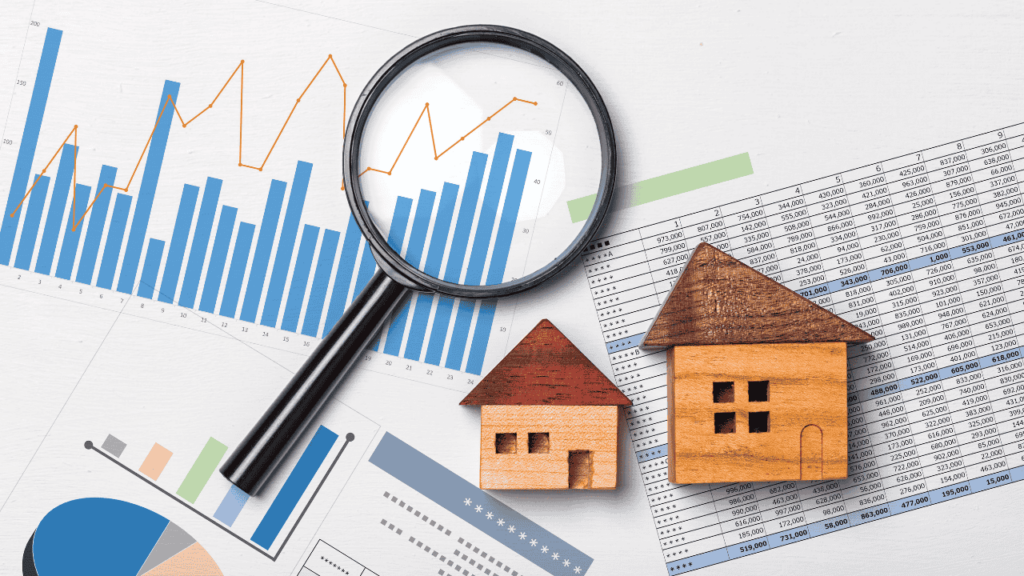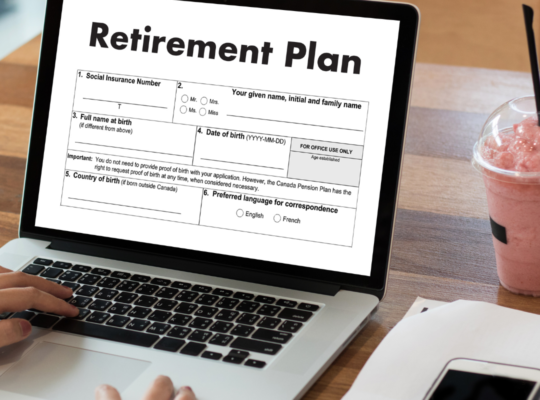
Transitioning from tenant to homeowner is a significant milestone in life. This journey involves understanding the financial, emotional, and practical steps to make homeownership a reality. Whether you’re a first-time buyer or looking to upgrade, knowing the essential aspects of this transition will help ensure a smooth and successful shift from renting to owning your dream home.
A recent poll found that ten years ago, tenants in important cities such as Bengaluru, Mumbai, Pune, Chennai, Hyderabad, and Delhi would rent nine times before purchasing a property. Today’s younger generation buys after renting just four or five times in their lifetime.
For instance, in Bengaluru, the typical age of first-time house purchasers has decreased from 42 to 34 in the last three years, with millennials and Generation Z increasingly preferring buying over renting.
What is driving this shift?
Rising rents are one factor contributing to this transition. Buyers are more driven to buy homes, as rents in major cities have risen by more than 30% in recent years.
Also, home loans have made it simpler to purchase homes at a young age. This trend is attributable to the growing availability of mortgages, which are now more readily available and cost-effective than they were ten years ago.
Tenants increasingly see paying rent as a waste of money. Many renters consider rent as a cost, but EMI is viewed as a Systematic Investment Plan (SIP) for accumulating a reliable asset such as real estate. Additionally, housing loans provide more appealing tax benefits than rental property.
With increasing double-income families, family disposable incomes have grown, allowing more couples to buy a property at a very young age. That is a good point noted, but we need to weigh the pros and cons carefully before deciding to buy a house, that too by taking a home loan.
Homeowners also profit from price appreciation of their property. Real estate prices in major metro cities in India have generally increased in tandem with inflation. Over time, the house becomes a valuable asset that may be handed on to future generations.
Owning property also provides the opportunity to make rental income.
Beyond financial rewards, house ownership brings security and emotional fulfilment. Ownership provides the opportunity to customize and modify without the constraints imposed by a landlord.
Financial burden:
Purchasing a home sometimes necessitates a large loan, particularly for the majority of middle-class families, which is a huge financial commitment. Younger couples with limited money and knowledge may struggle to invest in higher-return assets, such as equities mutual funds, in their early years. Instead of receiving a return on investment and benefiting from compounding, they wind up paying interest to the home loan lender.
Real estate is considered an illiquid investment. Selling your property by correctly determining its worth might take time. You might also end up selling your property at a discount to market value due to the asset’s illiquidity.

Owning a property also restricts career flexibility, which is crucial for young individuals pursuing job possibilities in various cities or countries. Before acquiring a property, experts advise you to be confident that you will be able to live in the city and its surrounding area for a long period of time, basically settling down in that city.
Some financial measures might assist determine whether now is the ideal moment to buy or not. It is preferable to buy when the cost difference between purchasing and renting is smaller. The cost of renting, as measured by rental yield, is currently approximately 3%, whereas the cost of purchasing, as measured by home mortgage rates, is around 9%. With a six percent difference, renting appears to be the better option in India right now. But the case for purchasing right now is also powerful.
With house prices continuing to climb, now is an excellent time to buy for your own personal use. The more you wait, the higher the purchase cost shall increase to.
Even if the circumstances are not ideal, purchasing a property for personal use remains a wise option since times of sages. Furthermore, if you’ve owned the property for decades from now, then the timing of the purchase will seem meaningless in the long run.
Moreover, buying a house in India is not a financial decision and often is considered as a lifestyle decision.
But first, you should be financially ready:
EMI to take-home salary – Banks often lend four to five times your yearly take-home salary (but this is not a thumb rule). Your total loan EMIs, including all other loans, should not exceed 40% of your take-home income. Try to consider a longer loan term or a co-applicant to help control the EMIs. But keep in your mind that going for a longer term of loan will lead you in paying more amount as interest all along the term of the loan.
Ideal down payment – Banks normally need a least 20% down payment. The down payment for a Rs. 1 crore home should be at least 20 lakh. Ideally, you should pay 30% of the home’s cost out of pocket, including additional expenditures such as brokerage, stamp duty, house interiors, etc. This 30 percent should be held in liquid assets such as fixed deposits or liquid funds, so that it does not fluctuate due to the market movements. The basic idea here is that – the higher the down payment, better it is for you, as the loan EMI shall reduce.
Credit score – Most loans demand a minimum credit score of 620. A score of 700 or above yields better interest rates, while 740 or higher yields the best interest rates. Before applying, check your credit record for inaccuracies and work on improving your credit score. If you have the highest credit score, try to negotiate with the bank to get the lowest possible interest rate.
You can also read my article on the points to remember before taking a home loan here.
Conclusion – Precautions that Homebuyers must exercise:
- While working out on your house cost, consider other expenditures beyond the purchase price as well, such as registration, stamp duty, and interior upgrades.
- Don’t overestimate your future income increases, because we are not certain about our future.
- Get a pre-approved loan to set a budget and avoid losing your advance or deposit paid to the builder owing to bank loan delays.
- Plan for prepayments as and when you get some extra money (such as bonuses that you receive in your job, etc.) to lower overall interest costs, and get the loan closed earlier than the set tenor.
- Set up a 12-month emergency fund (including EMIs) to cover job loss, sickness, and other unexpected expenditures.
You can follow me on Quora, where I share some interesting insights on Personal Finance, investments and money management and also answer questions related to these topics.





